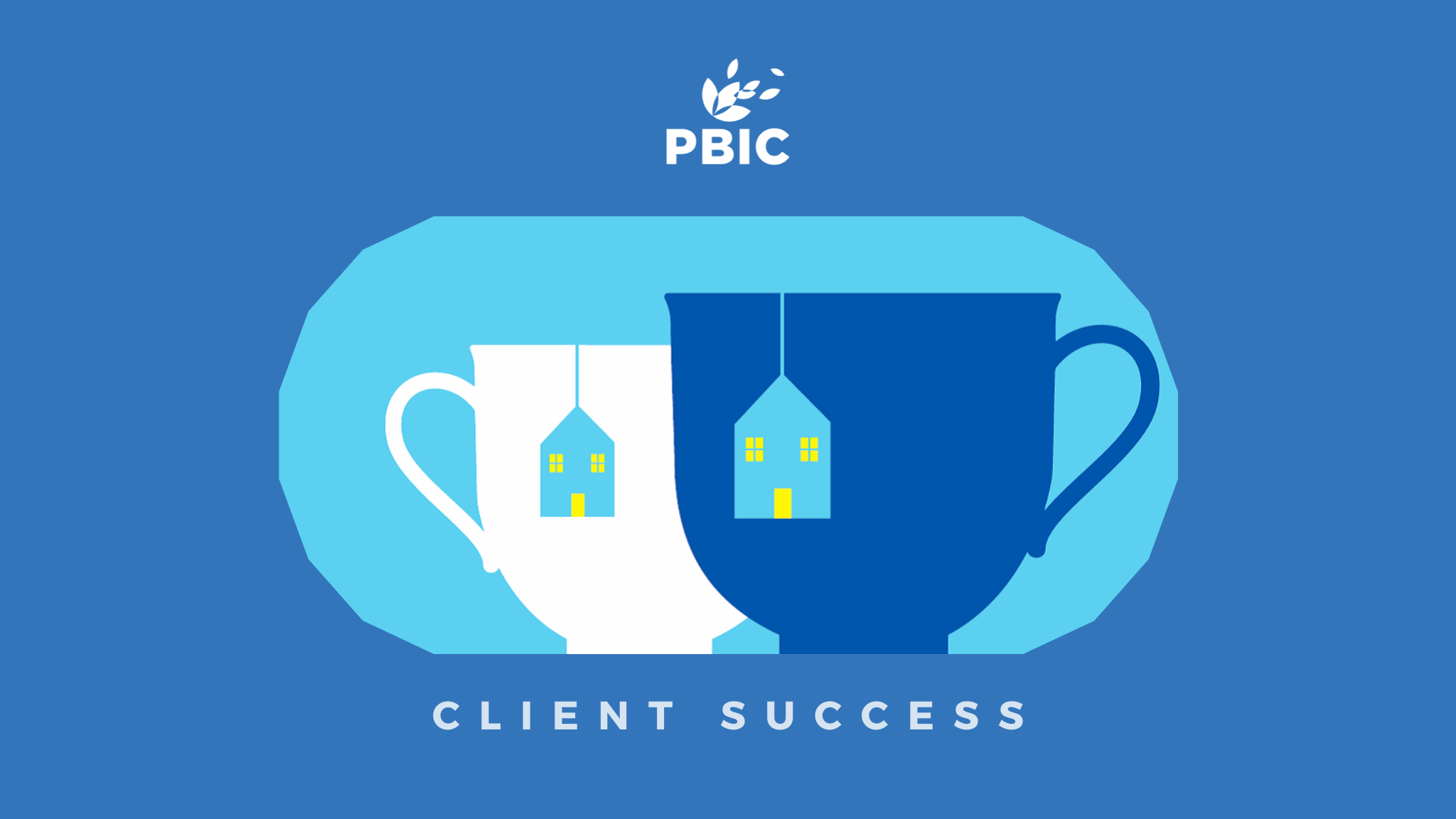 03Mar
03Mar Client success: How PBIC supported clients to apply for pre-settled status under the EU Settlement Scheme (EUSS)
Mr&Mrs A, a Bulgarian couple, approached PBIC to apply for council housing. During a meeting with a PBIC CIAG adviser, it was revealed that the couple did not hold a valid status under the EU Settlement Scheme (EUSS). This prompted further investigation by a colleague who consulted the EU Settlement Scheme Resolution Centre and found out that their applications were rejected due to a lack of evidence of their residence in the UK.
In light of these developments, the PBIC CIAG adviser referred the clients to the EUSS adviser to support them with applying under the EUSS. Our initial meeting was challenging due to both husband and wife being deaf and having a limited ability to communicate in anything other than Bulgarian sign language. I utilized a translating app to write messages to them in Bulgarian and eventually managed to get in touch with the sister of one of the individuals who spoke some English and could act as an interpreter during the meeting.
With the interpreter’s help, I was able to gather the necessary information about the couple’s residence in the UK and living circumstances, which enabled us to submit late pre-settled status applications. I scheduled another appointment and explained to the couple that they needed to bring all relevant documents to the next meeting. I also contacted their son and explained the post-application procedures, emphasizing the importance of regularly checking the email connected to their applications to ensure that they didn’t miss any important communications from the Home Office.
At the next appointment, Mr&Mrs A brought the necessary documents to confirm their residence in the UK. However, the documents did not cover the entire period required for the pre-settled status application. To address this, I composed a letter for each applicant that explained the gaps in their evidence and highlighted the vulnerabilities that had prevented them from applying on time. I included information such as his cash-in-hand job, the lack of a tenancy agreement for their flat, and her role as a stay-at-home mother caring for their young children.
With my support, the couple uploaded the documents and supporting letters to their applications and received confirmation of their protection in the UK while waiting for the final decision. A few days later, they came to another appointment, having received an email from the Home Office which they thought indicated they had been granted status. Through a video call with their son, I explained to them the meaning of the certificate of application and advised them to come back for another appointment if they received any further communications regarding their application.
The EU Settlement Scheme is vital for individuals offering a pathway to secure their rights and live in the UK with peace of mind. PBIC’s support was critical in helping the vulnerable deaf couple navigate the complex application process and ensuring that their rights as EU citizens living in the UK were protected. The couple’s application is still under consideration, but our assistance has given them a strong foundation to move forward with confidence.
by Michal, PBIC EUSS Adviser